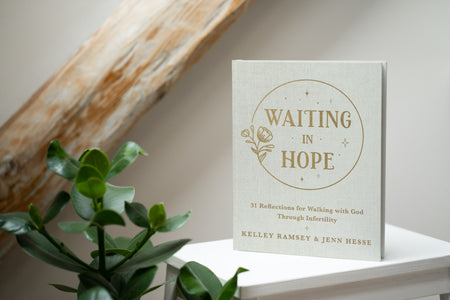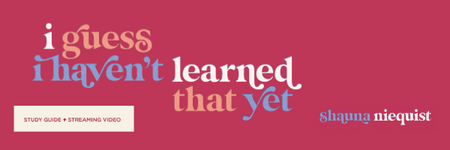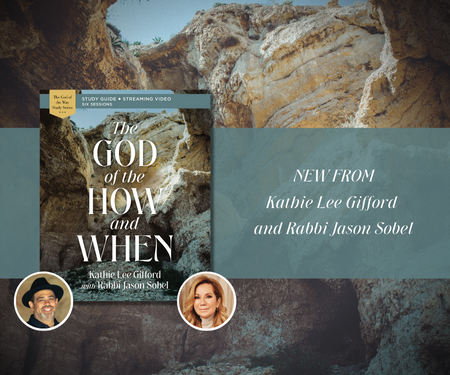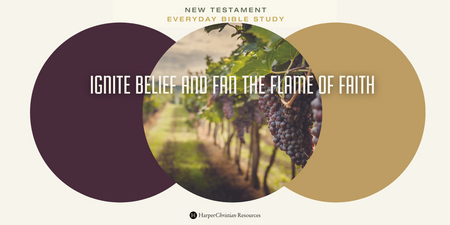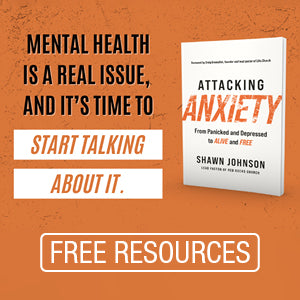Women's Ministry Blog by Christian Women Leaders
Women's Ministry Blog by Christian Women Leaders
Finding the Happy You Chase
Experiencing God’s Unexpected Manifestations in your Life
How These Video Bible Studies for Kids Can Empower Parents
Is a kids Bible study that important?
Nineteenth-century evangelist D. L. Moody once said that if he could relive his life, he would devote his entire ministry to reaching children for God. A look at the statistics would tell us that Moody was right. The National Association of Evangelicals (NAE) found that 63% of people surveyed became a Christian between the ages of 4-14, with the median age being 11.
What Moody understood, and what we need to pay attention to today, is that involving kids in Bible study at the time they are most likely to make a decision to follow Jesus is the most important ministry our churches can have.
Women’s Small Groups — It’s Where Women Flourish in Every Season
How Do I Love My Spouse Through Infertility?
What is Lent and why should I observe and practice it?
Although Lenten practices vary depending on denomination and congregation, it generally includes three primary areas of focus: Prayer, Fasting, and Giving.
When Change Comes (And It Always Does)
Woman Evolve
Waiting for God’s Timing
Reading the Gospel of John: Believing in Jesus
Abide Bible Course: Five Practices You Can Use to Engage With the Bible
Passing the Baton of Truth
Guiding Teens on Sex and Sexting
Guiding Your Teens on Social Media
The Strength That Prevails - Resilient
Right now, we’re in a sort of global denial about the actual cost of these hard years (which are not over). We just want to get past it all, so we’re currently trying to comfort ourselves with some sense of recovery and relief. But folks, we haven’t yet paid the psychological bill for all we’ve been through. We would never tell a survivor of abuse that the trauma must be over now that the abuse has stopped. And yet that mentality is at play in our collective denial of the trauma we’ve been through.





